WordPress & SSL: The Complete Guide
A couple of years ago, SSL certificates used to be something used by only the corporate and the most popular websites on the Internet. Today every website, blog, and landing page is rushing to get its own SSL certificates.
Why? Because Google is now punishing websites that don’t utilize SSL certificates. This was done for our own good and to make the Internet more secure. So it doesn’t matter how big or small your website is, it’s now a requirement to have an SSL certificate for your website.
If you’re new to WordPress, you may feel a bit confused about these tech terms like SSL and HTTPS. Whether you need to use them or what it means for your business. In this post, we aim to cover the most important parts of SSL certificates and how it affects WordPress websites.
What Is An SSL Certificate?
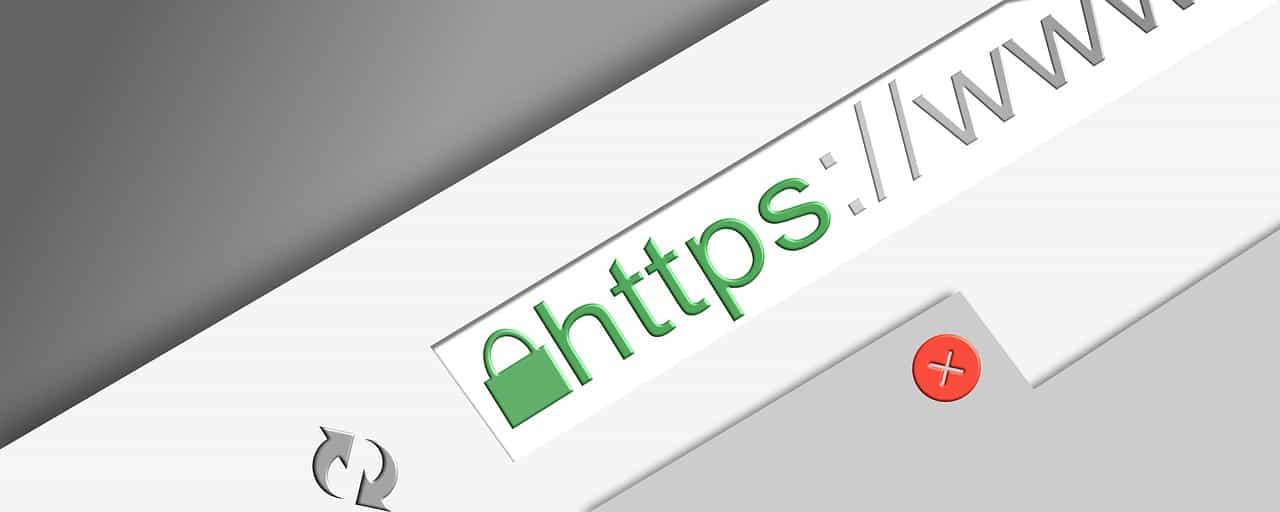
For many years, the Internet used a special protocol called Hyper Text Transfer Protocol (HTTP) to transfer data between your browser and the website. Even though this worked well for a long time, as the technology evolved this protocol became more vulnerable because it used plain text to transfer the data between your browser and the website.
Which means if you were to enter your credit card details to make a payment on a website it would be sent to the website as plain text, making it possible for a hacker to easily intervene and steal the data.
Hyper Text Transfer Protocol Secure (HTTPS) was introduced to fix this problem. This technology made the data transfers more secure by making it possible to transfer encrypted data between your browser and the website.
SSL (Secure Sockets Layer) certificates is the technology used to encrypt the data before the data transfer begins. An SSL certificate ensures that the website can truly be trusted and safe to transfer data and files.
Why Use SSL?
Using SSL certificates is important for all types of websites and especially for eCommerce websites. If your website has any type of payment transaction or user registration process, you must use SSL to protect the user data and prevent hacker attacks.
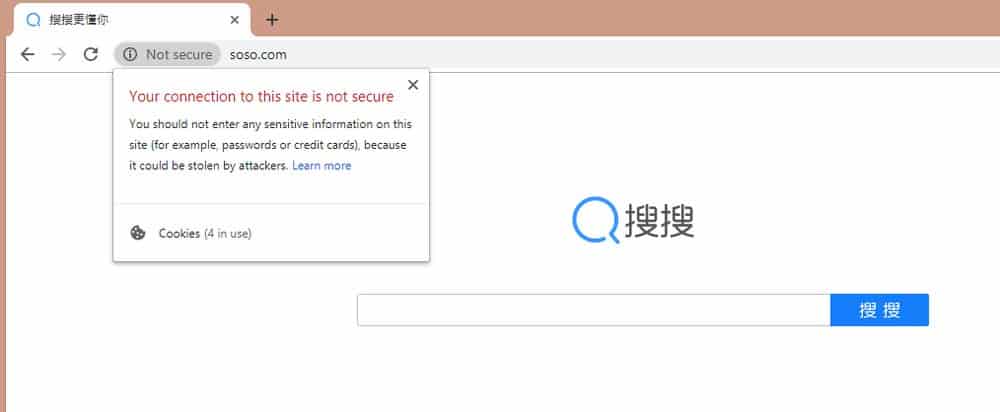
Even if you don’t have any eCommerce elements on your website or blog, implementing SSL will help establish trust and credibility with your audience. Because, if your website doesn’t have SSL, your visitors will now see an exclamation mark next to your website URL stating that your website is not secure. As you can imagine, that type of notification will have your visitors running away from your website.
If, for some reason, securing your website is not important, you should at least consider using SSL to boost the performance of your website. The encryption technology used by SSL over HTTPS makes websites load much faster than HTTP websites. This will surely help give you a chance to get better rankings on Google search results.
How It Affects WordPress Websites
SSL certificates are a must-have for WordPress websites as well. Unlike static HTML websites, WordPress uses PHP scripts to perform tasks and let you install third-party plugins to add more features to your websites. This makes WordPress websites more vulnerable.
Installing an SSL certificate for your WordPress website will not only protect your visitors and secure their data, but it will also protect your website from becoming a victim of a hacker attack.
Thankfully, much like most other aspects of WordPress, installing an SSL certificate and enabling HTTPS for a WordPress website is much easier and can be done with a few clicks.
How To Get SSL Certificates For Free
SSL certificates used to be pretty expensive and only big companies were able to afford them. Now, you can get SSL certificates for free.
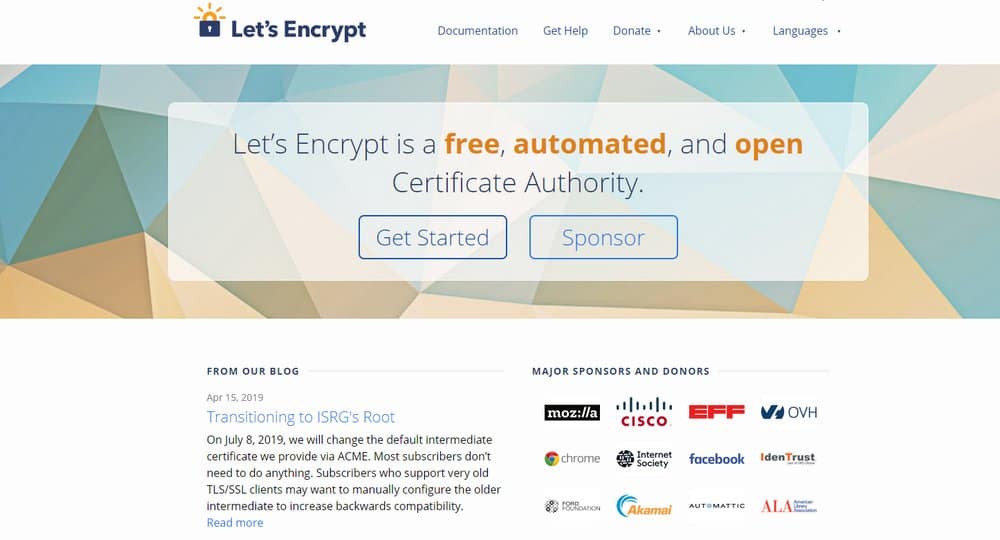
The Let’s Encrypt project is one of the many free SSL certificate projects that help you get a valid SSL certificate for your website to enable HTTPS.
You need to verify the ownership of your website before getting an SSL certificate. You can do this using two methods. One is to use Shell access, which is a complicated process that requires programming knowledge.
The easiest way is to contact your web hosting provider and ask them to set it up for you. In fact, many of the popular and credible web hosting providers now include a free SSL certificate with every hosting account. So if you make a new website, SSL will be enabled by default or you’ll be able to turn it on with just a click of a button.
If you have an old website still using HTTP, you need to enable HTTPS from WordPress after you get the SSL certificate.
How To Install SSL In WordPress
Once you get an SSL certificate, the easiest way to enable HTTPS in WordPress is to use a plugin.
If you’re using Siteground web hosting, you can use their in-house plugin SG Optimizer to enable HTTPS with just one-click. The plugin also comes with many benefits as well.
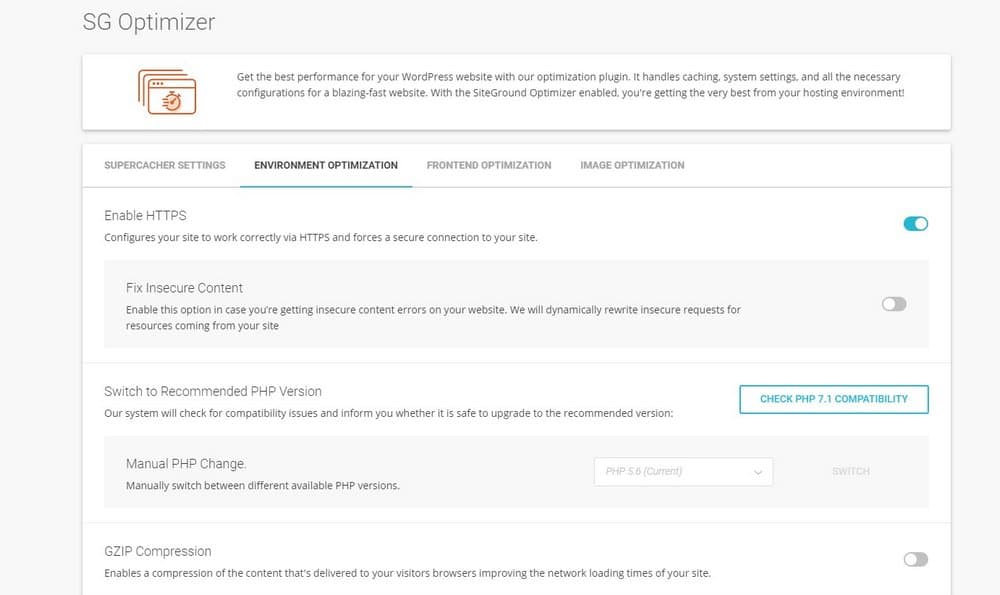
Or, you can use the Really Simple SSL plugin, which also lets you enable SSL with one click and it works with all hosting platforms.
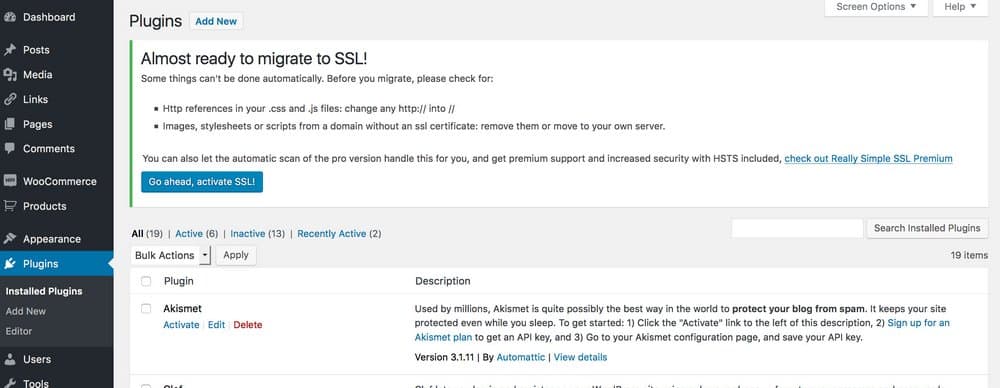
Remember that you need to get the SSL certificate via your web hosting provider before you install the plugin and enable it on WordPress.
In Conclusion
After setting up SSL, there are a few things you need to do to make HTTPS the default protocol for your website. One of the most important steps is to add the HTTPS version of your website in your Google Webmaster console. This will allow Google to recognize that you’re using HTTPS and replace your HTTP links with the secure versions. Make sure not to delete the old HTTP version, Google will handle the process for you.
When switching an old website to HTTPS, you may also run into some issues such as insecure content warnings. You can fix these issues using the SSL Insecure Content Fixer plugin.
All of this can seem overwhelming, but it’s something you must do to protect and grow your website as well as to offer an improved user experience to your customers and audience.
Looking for WordPress hosting? We use Kinsta. They offer world-class WordPress hosting, built to keep your website fast, secure, and always online.